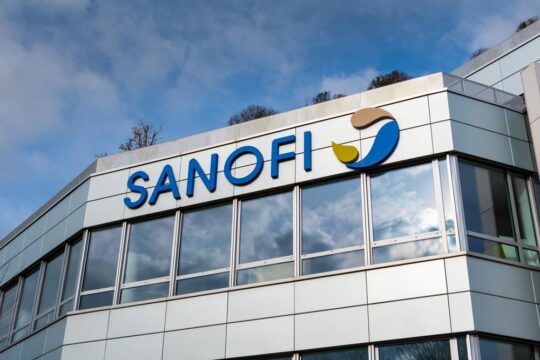Advertisment
Convenience the key to increased childhood vaccination

Ensuring high levels of vaccination in children has helped to eradicate smallpox, eliminate polio in all but two countries of the world, and drive down rates of measles. However, as vaccines against COVID-19 are introduced in the US, and soon in European countries, experts are exploring how to encourage parents and children to come forward.
Paediatricians at the Golisano Children’s Hospital (GCH) Pediatric Practice in Rochester, New York, may have landed on a key part of the puzzle: convenience. By launching special ‘back-to-school’ clinics for eligible children and providing support staff to answer questions – and give free vaccines to parents too – they believe they have developed a model for others to follow.
In an article published in JAMA, doctors say the combination of providing a convenient location, along with access to trusted physicians, helps to address vaccine hesitancy. ‘Paediatricians talk about vaccines with patients and families daily and have substantial experience discussing vaccine hesitancy and concerns,’ said the authors. ‘Parents rely on their paediatric clinician for vaccine information most often, and a physician’s recommendation is associated with higher rates of uptake for specific vaccines.’
The Golisano Children’s Hospital Pediatric Practice serves more than 13,000 patients, most of whom are children from minority communities who reside in high poverty areas of Rochester. The paper outlines several potential barriers to COVID-19 vaccination including difficulties with transportation/taking off time from work, hesitancy related to long-standing mistrust from historically racist medical and research practices, and concern about potential vaccine side effects.
The clinic secured resources and staffing to run after-hours clinics in August and September before school returned. Caregivers reported appreciation for the convenience afforded by getting the vaccine while they were already at a visit for their child, and several stated that they felt greater comfort and trust getting the vaccine in the paediatric practice.
Many caregivers chose to get the vaccine in solidarity with their child who was also eligible to be vaccinated. Overall, more than 60 caregivers were vaccinated in the first month that the vaccine was offered, with more than 1,400 COVID-19 vaccine doses given to date.
‘This initiative showed that hesitancy can be addressed by providing a comfortable and accessible setting for caregivers to discuss the vaccine with a trusted provider,’ said Dr Jill Halterman, who serves as division director of General Paediatrics.
‘Many parents were grateful for the opportunity to be vaccinated with their children, stating how they just felt more comfortable getting the vaccine here because they’ve been coming for years and have a trusting relationship with us,’ said Heather Wensley, a nurse manager at the practice.
The success of this programme suggests paediatricians may have a key role in increasing vaccine uptake in their localities. ‘With the Delta variant of the virus still active in our community, it is critical to get as many eligible children and caregivers vaccinated to limit opportunities for infection spread and further disruption to in-person school,’ said Dr Halterman. ‘Paediatric clinics have an important opportunity to contribute to this effort.’





